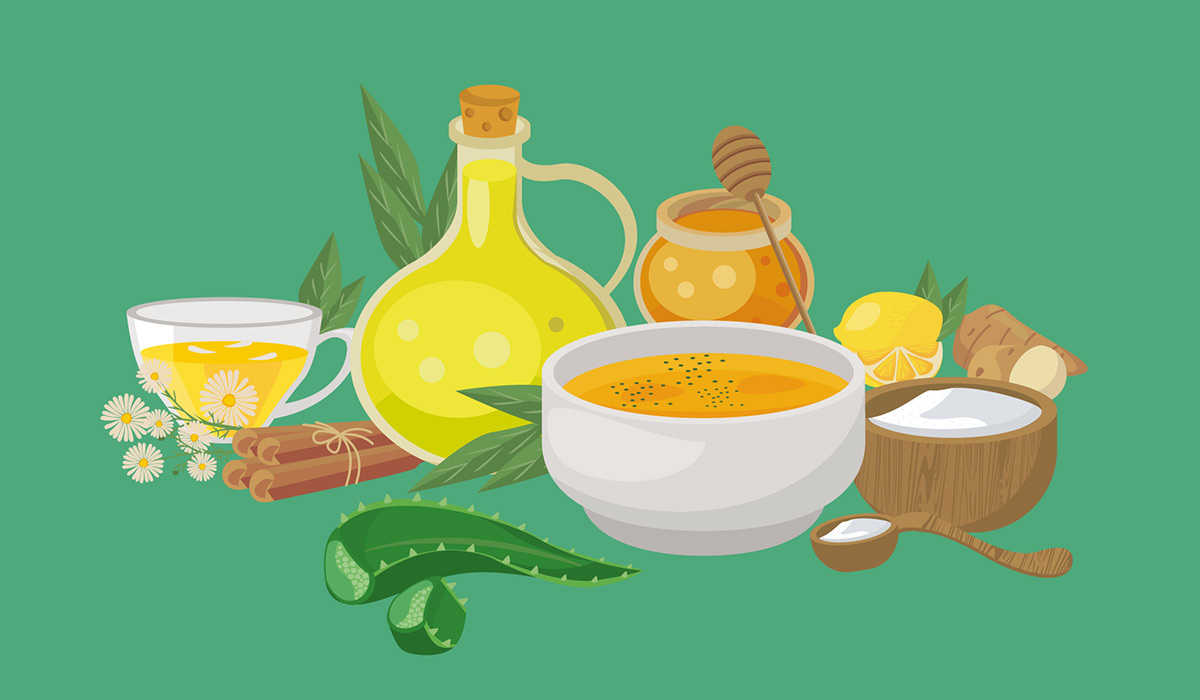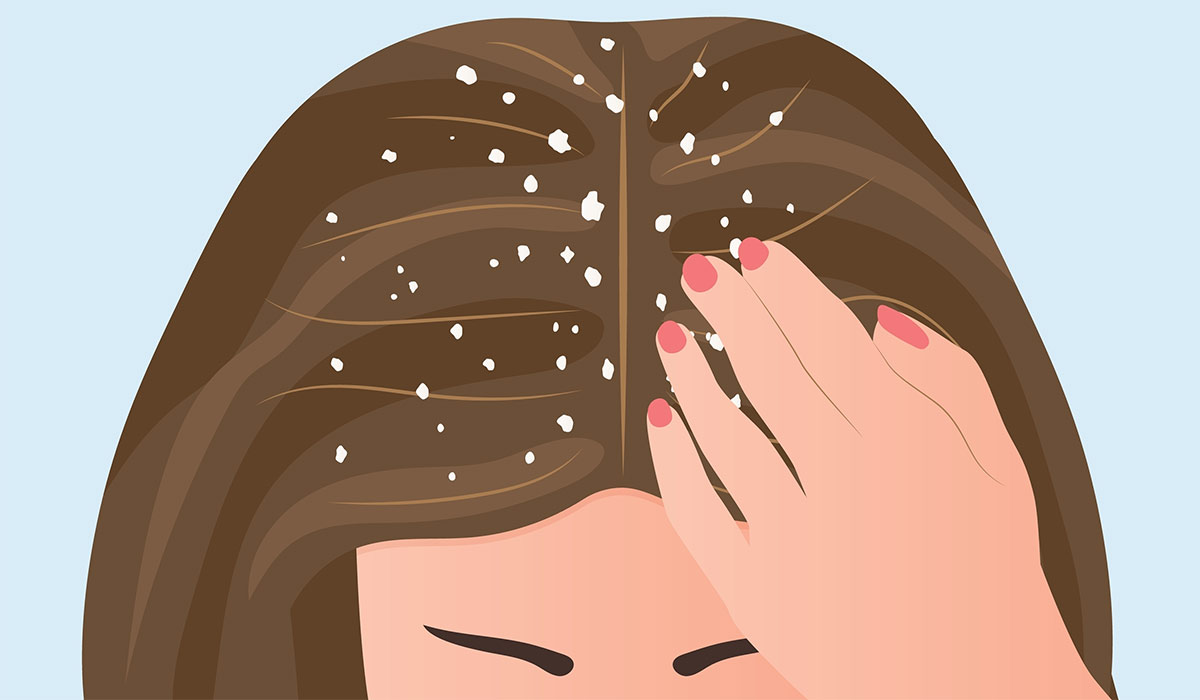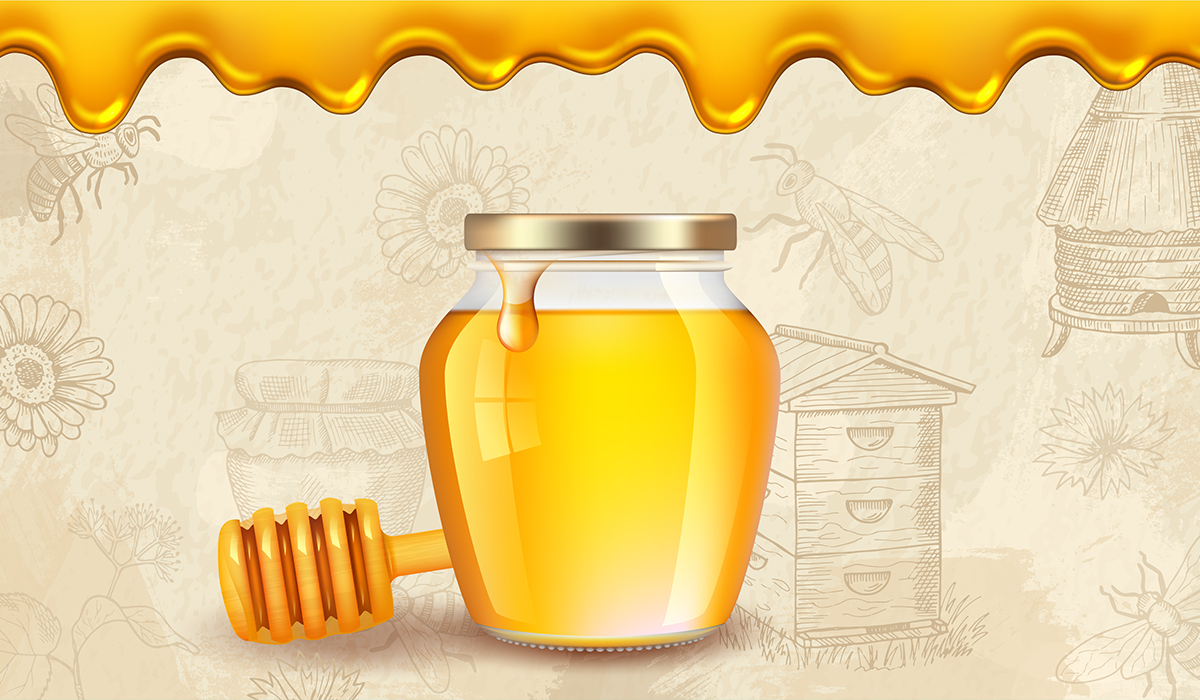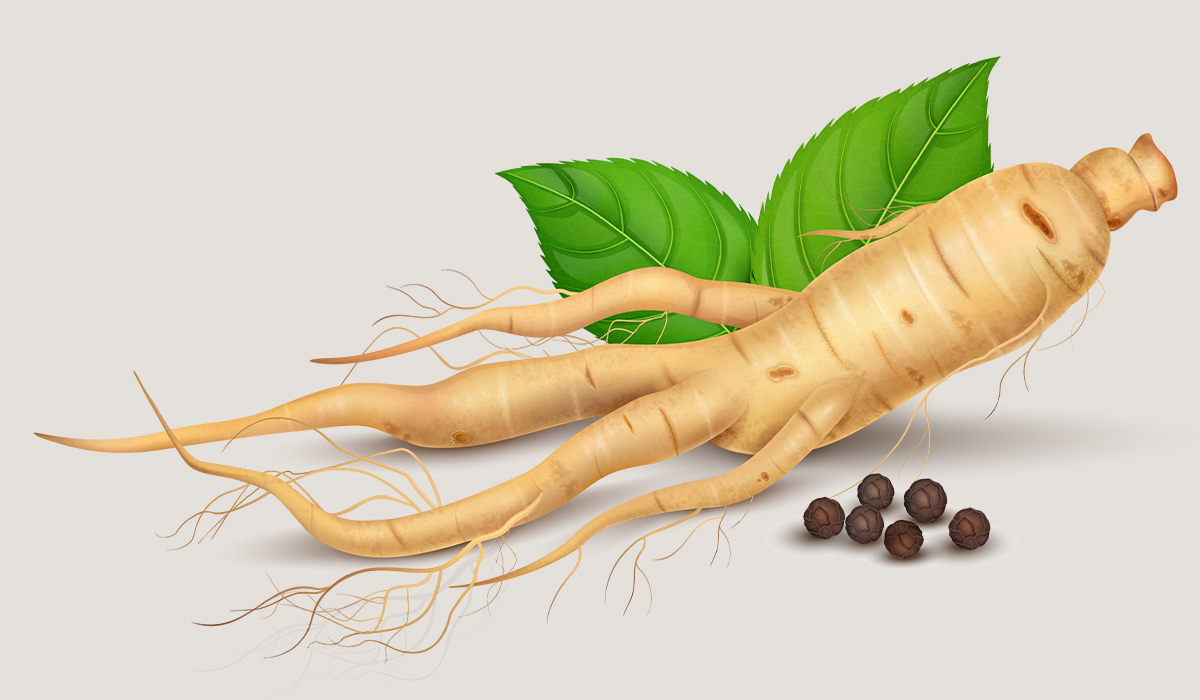Apple Cider Vinegar is one of the oldest and best-known food ingredients. The use of this popular substance can be traced back to the 5th millennium BC. It was invented by Babylonians, who produced it from date palms and used it for food preservation.
In the following centuries, vinegar was known not only as a preservative but also as a medicine and an essential ingredient in healthy beverages.
For instance, a concoction made of honey and vinegar was Hippocrates' remedy of choice to combat colds and coughs and a way to boost overall health.
During the reign of Julius Caesar, there was a mixture called ‘posca', a refreshing drink enjoyed by Roman soldiers, which was made by adding spices to apple vinegar.
Vinegar drinks were also standard in medieval Japan. ‘Komesu,' rice vinegar mixed with water, was an easy way to invigorate and boost the energy of Japanese samurais. It was believed that it increased the life energy of weary warriors.
Moreover, during the Islamic Golden Age (622 – 1258), vinegar was used to remedy some health problems. Avicenna, the father of early modern medicine, promoted it as a balm to heal burns and skin inflammations and treatment to aid the digestion of food.
If we check online discussions on the health benefits of apple cider vinegar, we will find many opponents of using this substance as a home remedy. Some users say apple cider vinegar can cause health problems and undesirable side effects.
The answer to the question is – Is apple cider vinegar healthy or harmful? – is not as easy as it seems. Both sides of the discussion can provide arguments backed by science. In moderation, apple cider vinegar can indeed help solve specific health problems. But if misused or in large amounts, it can lead to various issues.
In the next part of the article, you are going to learn when to use apple cider vinegar and how many of its beneficial properties are actually true. We also included the recommended daily dosage of apple cider vinegar and facts about its nutritional profile.
Apple cider vinegar is a type of vinegar produced in the fermentation process of crushed apples, sugar, and yeast. During the process, the apples' sugar turns into acetic acid, a byproduct of fermentation with a strong characteristic odor and flavor.
Depending on the type of vinegar, the ingredients used in the fermentation process are different. For instance, red rice vinegar requires fermented rice, barley, and sorghum, while balsamic vinegar is made of fermented white grapes.
15g serving (one tablespoon) of apple cider vinegar consists of:
One tablespoon of apple cider vinegar contains three calories and 99.02% water. It does not have any vitamins or minerals. However, high-quality vinegar products may consist of antioxidants and amino acids. Most of the time, the quality of vinegar can be evaluated by its color. Antioxidants cause the liquid to be darker than more refined products, so if you are looking for vinegar with beneficial compounds, pay attention to its color.
There are many health benefits associated with the consumption of apple cider vinegar. According to various online sources, applying it on the scalp or skin can also bring impressive results. However, little scientific data would confirm that any of its remarkable properties are valid. Most studies were conducted on animals or small groups of people.
The most often discussed perks of apple cider vinegar are as follows:
Because there is not enough data to support the beneficial properties of apple cider vinegar, all of the above health benefits should be taken with a grain of salt. Anecdotal evidence provided by individual people on the Internet, your family, or friends is based on personal experiences with apple cider vinegar.
There are many factors that can affect the observations of a single person and thus can't be treated as decisive. If you are tempted to incorporate any vinegar into your diet or daily skincare because someone inspired you, make sure to experiment with smaller quantities before you use the recommended amount. You can also discuss the safe use of vinegar with a health professional of your choice.
Apple cider vinegar has yet to achieve the status of a reliable home remedy. More research is needed to support the effectiveness of its properties.
At the moment, there are some clues that apple cider vinegar can positively impact human health and ease symptoms of certain conditions. However, the effects are relatively modest or moderate at best. The below eight benefits of apple cider vinegar were examined in various studies.
According to a tiny study, apple cider vinegar contributes to lower insulin and blood sugar response and improves insulin levels after finishing a meal rich in carbohydrates.
Numerous other studies have also found that apple cider vinegar may lower blood sugar levels after eating. However, the results were modest to moderate.
In another study, participants who took two tablespoons of apple cider vinegar before sleep had improved their glucose levels by 4% in the morning.
Despite the results of the above studies, there are more effective ways to lower blood sugar levels than the consumption of ACV. There are more viable alternatives to medications and diets that help control blood sugar than increasing vinegar intake.
Apple cider vinegar does not directly contribute to burning calories. It does, however, increase the feeling of fullness if consumed during a meal. In a short-term study that followed 39 people for 12 weeks, participants who took one tablespoon of ACV twice daily lost more pounds than the group that didn't.
The presence of acetic acid in vinegar may also be the reason ACV helps get leaner. This theory, however, is shared among only some researchers. Some argue that acetic acid's nauseating taste and smell cause people to consume fewer calories, while others say it is probably a placebo effect.
Tiny human and animal studies have shown that ACV may lower bad cholesterol (LDL), triglyceride as well as total cholesterol levels. However, it is still being determined why the change in these levels occurs.
There is little evidence to support the claim that apple cider vinegar kills germs. Some studies suggest that it may be an effective countermeasure against Candida albicans, Escherichia coli, and Staphylococcus aureus.
Some proponents of ACV's health benefits claim that it helps them get rid of dandruff or boost hair health. There is no evidence that hair rinse containing apple cider vinegar has any beneficial effects. Researchers suspect that it may be effective against calcium buildup in hair caused by hard water.
This is another benefit that has yet to be backed by science. So far, the results were not promising, which leads us to believe that ACV probably has very little to do with easing the symptoms of these two conditions.
In the study, which involved consuming apple cider vinegar rich in acetic acid, 12 obese male participants experienced a reduction in BMI, waist circumference, body weight, visceral fat, and triglyceride levels. The same results were observed in an animal study of 18 rats. The group which was served apple cider vinegar (7mL/kg/d) for 30 days experienced a reduction in body fat.
Anecdotal evidence from some people may suggest that apple cider vinegar works as a remedy against heartburn. Drinking a glass of water mixed with one tablespoon of ACV before a meal eases symptoms of heartburn in some people. However, as in the case of acid reflux and eczema, there is no decisive evidence to support this function of ACV.
When used as a home remedy, there are no official guidelines on how to dose apple cider vinegar. Depending on the type of condition, daily serving of ACV may be different. It usually involves drinking one tablespoon before sleep or two tablespoons daily during meals. It can be added to a salad or a large glass of water.
If you are unsure which amount works best for you, discuss the dosage of ACV with your health provider to learn whether you can add it to your diet or replace it with a more fitting alternative.
Apple cider vinegar is very safe to use and usually doesn't cause any severe side effects for healthy people. As long as it is consumed in moderation (no more than two tablespoons per day), it serves its purpose as an addition to salads, a food preservative, or a home remedy.
Apple cider vinegar may be problematic for people with certain conditions. For instance, diabetics or people with gastroparesis should reconsider incorporating ACV into their diet. We discuss these instances in the paragraph below.
Consuming too much apple cider vinegar may cause a drop in potassium levels in the human body. Insulin or diuretic medication taken by people with diabetes can decrease potassium levels to shallow values. It is not recommended to combine them with ACV.
ACV may also worsen the symptoms of gastroparesis, a condition known as delayed gastric emptying. It's best to avoid any intake of vinegar products if you are suffering from this disease.
Another concern is that the acidic properties of ACV may cause damage to the enamel, the outer layer of the tooth. To prevent that, it is recommended to dilute the vinegar with water and avoid consuming too much of it. Drinking beverages with ACV through a straw is also an excellent strategy to protect enamel.
Some people may also experience indigestion or feel nauseous after drinking apple cider vinegar. Drinking it on an empty stomach is not recommended – it's best to consume it together with a meal rich in carbohydrates. If your body is not tolerating ACV, no matter how much you dilute it, avoid drinking it.
Apple cider vinegar is said to have a lot of exceptional properties. It is believed that it can improve hair condition, ease symptoms of certain diseases, and help reduce weight. However, there needs to be more scientific evidence to support all of its alleged benefits.
For the moment, the most credible property of apple cider vinegar is that it provides the feeling of fullness and thus helps lose weight more effectively. Studies conducted on both animals and humans yielded promising results in that regard.
Table of Contents

Discover Sore Throat Remedies for quick and effective pain relief. Many herbs and foods have healing properties. Learn how to… read more »

We all love maple syrup for its extraordinary taste. It is also worth knowing that maple syrup is a healthier… read more »

Home remedies offer a treasure store of all-natural answers to common well-being issues. More often than not, based on long-standing… read more »

Dandruff is the result of excessive skin exfoliation, overproduction of sebum, or the presence of Malassezia yeast on the skin.… read more »

Xylitol can be a sugar substitute. The substance has many health benefits, but can cause side effects. Learn about the… read more »

Honey not only delights with its sweet taste, but also has many health properties. Learn about the benefits of eating… read more »

Ginseng is a plant that has been used in Chinese medicine for thousands of years. Today, the plant is still… read more »

In chronic acid reflux, also known as gastroesophageal reflux disease (GERD), excessive acid in the stomach flows back to the… read more »

The BRAT Diet is very effective method of combating diarrhea and vomiting. What products are recommended for these ailments? read more »